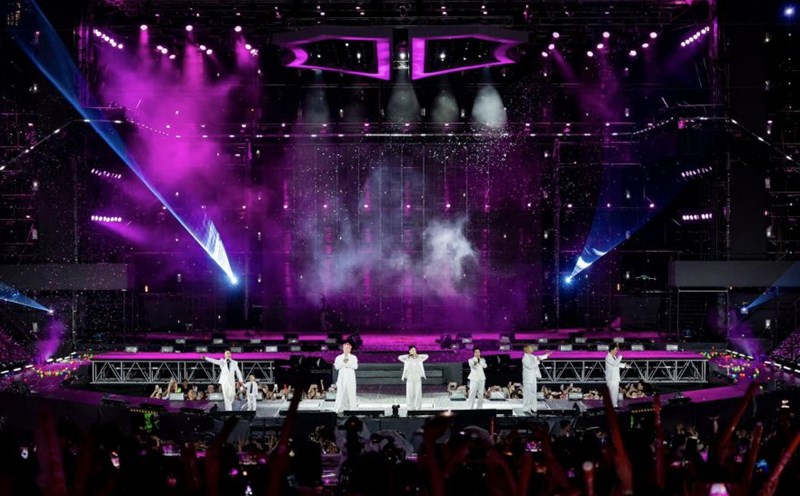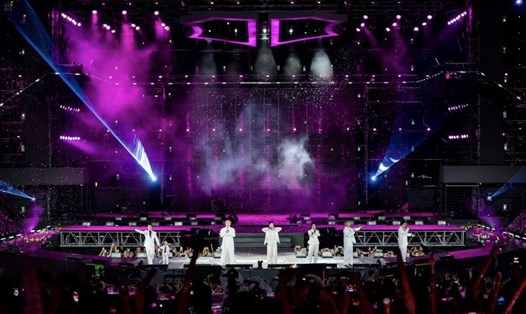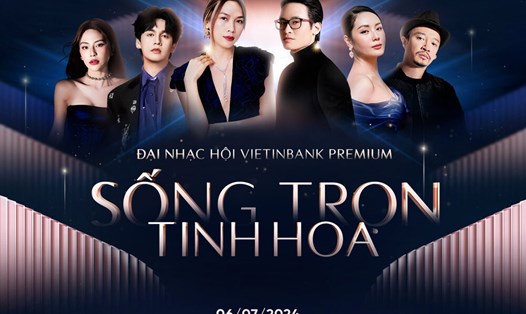Idol culture plays an extremely important role in Vietnamese society, not only in the field of music but also has a profound influence on many other aspects of cultural and community life. This will create strong fan communities, where people with similar interests and passions can gather, interact and share with each other. Meetings or concerts not only bring joy but also bring people together.
Popular artists and bands often become role models for many young people. They not only represent talent but also inspire and ignite the dreams of the younger generation. Through music and artistic activities, artists often reflect social values and issues, helping audiences gain a deeper insight into the world around them.
In addition, idol culture also contributes to the development of the creative economy. The entertainment industry, from production to media and advertising, creates jobs and promotes national cultural values.
One thing worth noting is the cultural exchange that idol culture brings. In the era of globalization, Vietnam is more open to other cultures, especially from Korea, Japan and the West, enriching cultural life and helping people have a more diverse view of different values.
The recent phenomenon of Vietnamese music concerts, especially the explosion of “Anh trai say hi”, has painted a bright picture of idol culture in Vietnam. We cannot help but mention the strong emotions that this event brought to the audience, when for the first time they witnessed young Vietnamese music groups full of vitality, modern music and explosive performances attracting thousands of people.
When it comes to music concerts in Vietnam, Blackpink’s concert in 2022 in Hanoi also left a deep impression. The grandeur and class of this Korean group not only attracted enthusiastic “fans” but also created a fever in the hearts of music lovers in Vietnam. This shows that we are gradually integrating deeply into the global music wave.
Nowadays, idol culture is no longer just about admiring “idols”, but has become a strong community, where the audience is not only followers but also devoted followers and protectors of the artist's career.
The vivid experiences at “Anh trai say hi”, similar to what fans felt when immersed in the flow of Blackpink’s music, created a strong emotional connection. It can be seen that the public is more open than ever to music, to artists and to each other, through those wonderful moments. This change is not only a turning point but also a promising journey in shaping a more diverse and rich Vietnamese music culture.
Of course, we know that idol culture also has its downsides. However, we hope that, along with the explosion of music events in particular and Vietnamese art in general, we will build a healthy Vietnamese art scene, with resistance to the negative influence of foreign culture and art, and a good orientation for building the personality of Vietnamese people to meet the requirements of integration and development of the country in the era of national development.











